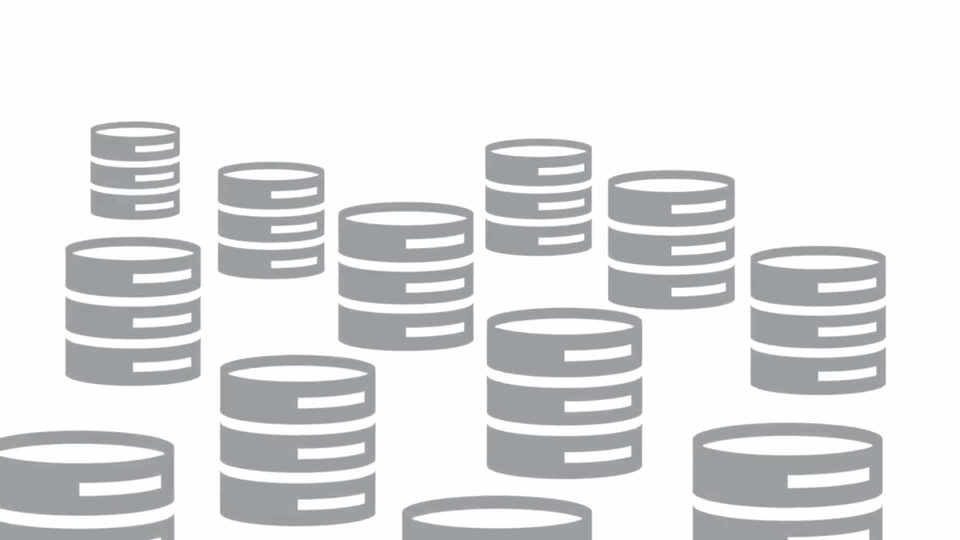The need of securing the data in safe hands driven by a regulatory environment and expanded privacy is essential in today’s world. The oracle data compliance with a company makes sure that data is protected from insider threats, hackers, groups with the intent of stealing valuable content, and organized crimes. The security for sensitive data has been increased.
What is Oracle Data Compliance?
It offers integrated cloud application and platform services to many companies around the world. Sensitive data can be manipulated or can experience lethargic storage. Oracle has focused on the same to companies the best software for a database solution. Oracle Data can be used in almost all scenarios. No matter what the size of the departments, it gives a solution for small departments as well as to any enterprise system. The features it provides allow a single database to work as both Data Warehouse and OLTP at the same time. This reduces the requirement for hardware and the need for ETL implementation or even solutions for integration between DW and OLTP.
Oracle database leads the industry with a complete solution set for securing a business’s critical data throughout the cycle.
What does the Oracle Data Compliance do?
The key features Oracle provides for an organization consist of high-level protection. It evaluates the posture of security and looks for potential risks to their applications while preventing unauthorized access to data. It also detects the various types of activities taking place that can be indicative of any data breach and leverages data-driven security for securing the data present at the source.
- Evaluating Security Risks
- Security data discovery helps to know where sensitive data resides
- Role and privilege analysis reduce the attack surface
- Database security assessment evaluates the database security posture
- Enterprise Manager monitors the database configurations
- Preventing unauthorized access to data
- Transparent data encryption prevents database bypass
- Oracle key vault scales the transparent data encryption
- Database vault limits the privileged user access
- Data redaction protects sensitive data in applications
- Data subsetting and masking minimizes the exposure of sensitive data
- Detecting access attempts and abuse
- Universal and conditional audit help with the auditing of database activity
- Audit vault manages audit data
- Database firewall monitors SQL activity
- Protecting application data with data-driven security
- Virtual private database implements fine-grained security
- Real application security enforces application data controls
Pros of using Oracle Database Compliance system
- Trusted and known vendor
- Sellable enterprise database platform
- Very stable
- Multiple servers can be deployed easily
- Good documentation
- Better troubleshooting
- Easiest UI for managing databases
- Highly scalable according to the data load
- Large storage capacity, recovery features, and backup solution
- Supports PL/SQL
Conclusion-
Oracle data compliance adheres to its principles. It has its wing spread across healthcare, banking, and government sectors. The conditional audit simplifies the configuration, increases the value of the audit of information for both security personnel and auditors. Oracle Database supports application security requirements, roles, and privileges, and enables application users to define within the database. All of the capabilities of Oracle sum up to form an in-depth solution for the protection of any organization’s critical asset.

